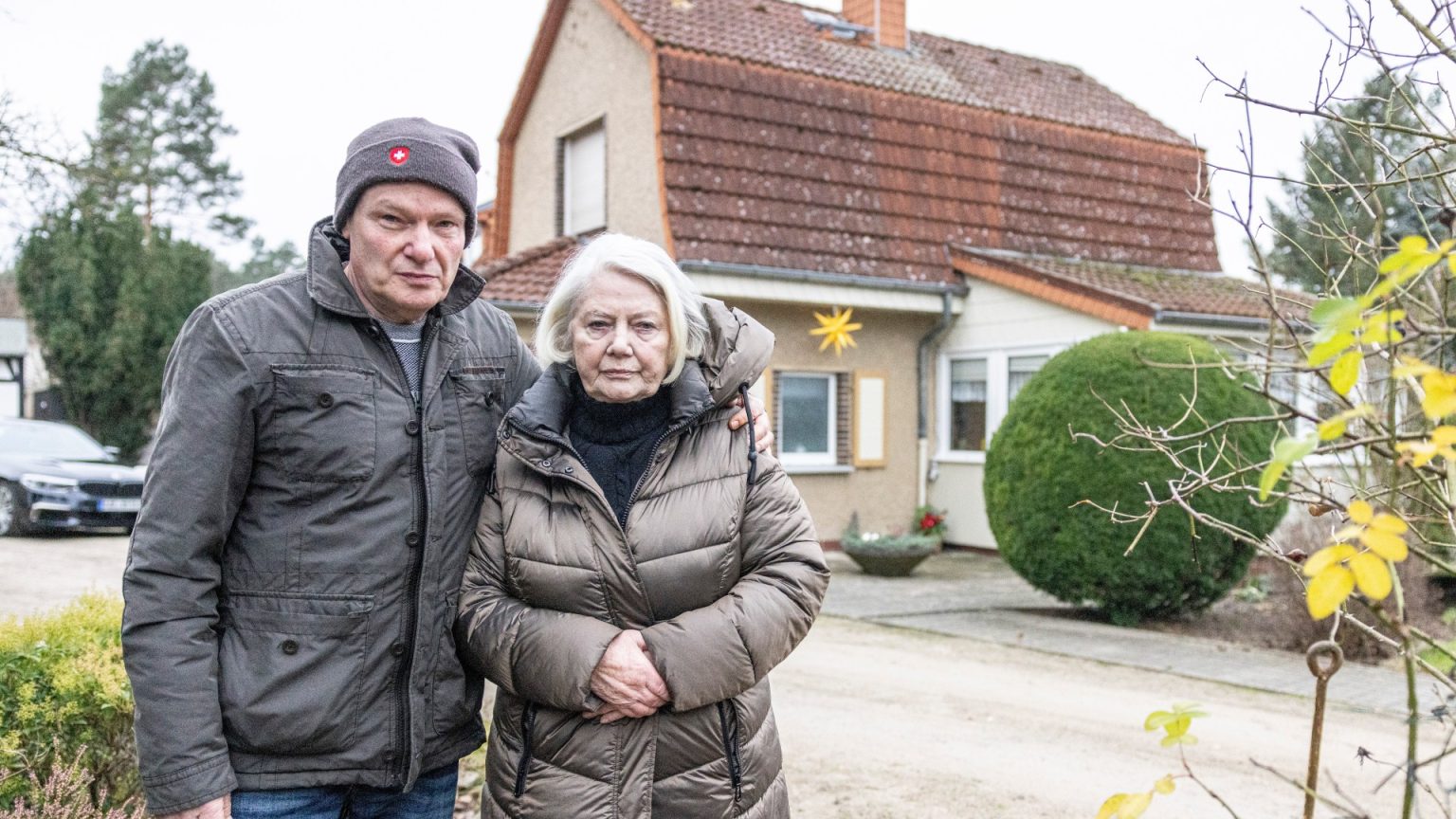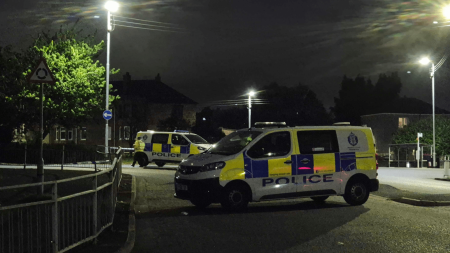In the tranquil town of Wandlitz, Brandenburg, an 85-year-old woman, Gabriele Lieske, and her 61-year-old son, Thomas, face the agonizing prospect of losing their cherished home, a place steeped in generations of family history. The property, a constant in Gabriele’s life for 82 years, has been ruled as rightfully belonging to the Jewish Claims Conference (JCC), an organization dedicated to securing compensation for Holocaust victims. This devastating turn of events stems from the home’s dark past, a history entangled with the horrors of Nazi persecution. The Lieske family’s connection to the house began in 1939 when Gabriele’s grandfather purchased it. Unbeknownst to them, the previous owners, two Jewish women named Helene Lindenbaum and Alice Donat, had been coerced into selling their property by the Nazi regime. These women, who had envisioned the house as a holiday home for Jewish children, tragically perished in Auschwitz between 1943 and 1944.
The JCC, acting as the legal successor to the dispossessed Jewish owners, initiated a claim for the property in 2015. This claim, based on the unjust circumstances surrounding the original sale, has thrust the Lieske family into a heartbreaking predicament. Gabriele, who grew up in the house, raised her son there, and cared for her ailing parents within its walls, expressed her profound distress: “The house is my life… I would rather die than move out of here.” Thomas, echoing his mother’s despair, lamented their loss, stating, “We don’t have anywhere else to go, we’ve lost everything.” The sudden upheaval has left them feeling bewildered and adrift, facing an uncertain future.
Adding to the family’s anguish is the revelation that the JCC had previously filed claims for the property in 1992 and 1998. Thomas contends that had they been informed of these earlier attempts, they could have potentially repurchased the house at a significantly lower market value, a possibility now tragically out of reach due to the current escalated price. He criticizes the Barnim office for their failure to notify them of these existing claims, both during the initial purchase by his grandfather and later, during the property transfer to his mother in 1994. This lack of transparency, he argues, has contributed to their current predicament, leaving them grappling with the imminent loss of their home.
The family’s situation raises complex questions about the restitution of properties seized during the Holocaust era. Balancing the rightful claims of descendants of dispossessed Jewish owners with the current occupants who may have unknowingly inherited a property with a tainted past presents a difficult moral and legal dilemma. The Lieskes’ case highlights the enduring impact of Nazi atrocities, the ripple effects of which continue to reverberate through generations, impacting families decades after the war’s end. The legal battle for the Wandlitz property underscores the ongoing struggle to reconcile the past and achieve justice for Holocaust victims and their heirs.
While the JCC’s legal claim to the property has been upheld, the organization has demonstrated compassion in its approach to the Lieske family’s plight. They have granted Gabriele a lifelong right of residence in the home, ensuring that she will not be forcibly displaced. This concession offers a glimmer of hope amidst the family’s despair, allowing Gabriele to remain in the familiar surroundings that hold so much significance for her. However, the JCC’s stated intention to sell the property to support Holocaust survivors globally introduces a new layer of uncertainty for Thomas, whose future living arrangements remain unclear.
Despite the JCC’s compassionate gesture, the Lieske family’s lawyer is considering further legal action, potentially escalating the case to the Federal Constitutional Court. This indicates their continued determination to fight for their perceived rights and challenge the ruling that dispossesses them of their ancestral home. The case’s potential progression to a higher court underscores the complexities and nuances inherent in such restitution cases, highlighting the difficult task of balancing historical injustices with the present-day realities of individuals caught in the crosscurrents of history. The Lieske family’s struggle epitomizes the enduring legacy of the Holocaust and the ongoing efforts to address its far-reaching consequences.











